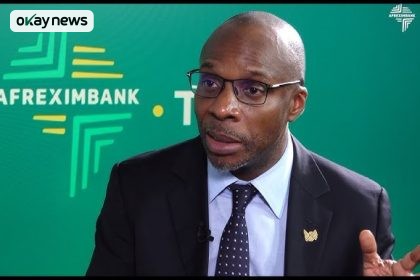At least 20 state governments across Nigeria resorted to new borrowings amounting to N458 billion in the first half of 2025, intensifying concerns about the country’s mounting debt profile.
This borrowing spree comes at a time when the cost of servicing external debts has surged significantly. Data shows that between January and June 2025, states spent N235.58 billion servicing external loans, reflecting a sharp rise of N95.65 billion or 68.4 percent compared to the N139.92 billion spent in the same period of 2024.
Experts attribute this rise to Nigeria’s weakening currency, which has inflated repayment obligations for states heavily reliant on dollar-denominated loans.
Rising Allocations, Yet Rising Debts
Figures from the National Bureau of Statistics reveal that the Federal Account Allocation Committee shared N10.13 trillion among the three tiers of government in the first half of 2025. Out of this, state governments received N3.425 trillion — a 42.96 percent increase from the N2.396 trillion they received in the same period of 2024.
Despite this growth in allocations, 20 states still turned to domestic and foreign borrowing. Oyo State topped the chart with a N93.4 billion domestic loan. Kaduna and Lagos followed with N62 billion and N50 billion in loans, respectively.
Other states that obtained foreign loans include Gombe (N20.3bn), Zamfara (N28bn), Katsina (N20.7bn), Kebbi (N7.4bn), and Jigawa (N10.98bn). Bauchi secured both domestic and external loans totaling N26.3bn, while Borno, Taraba, Sokoto, Niger, Kwara, and Ekiti acquired varying sums.
Ondo (N5.6bn), Abia (N7bn), Ebonyi (N10.9bn), and Enugu (N10.7bn) also joined the list of borrowers.
Analysts Raise Concerns
Professor Taiwo Owoeye, an economist at Ekiti State University, warned that Nigeria’s states are exposing themselves to greater fiscal vulnerability.
“Since most of the debts are dollar-denominated, every depreciation of the local currency automatically inflates repayment obligations, forcing states to channel a larger share of their revenues into debt servicing at the expense of development projects,” he explained.
He further noted that the increasing dependence on foreign loans could weaken states’ financial autonomy. “By taking on more foreign obligations, many states risk mortgaging future federal allocations to meet repayment schedules, leaving them with little room to respond to emergencies or fund critical sectors such as health, education, and infrastructure,” Owoeye added.
okay.ng reports that the issue has sparked renewed calls for states to adopt sustainable revenue-generation strategies rather than over-relying on external borrowing.







